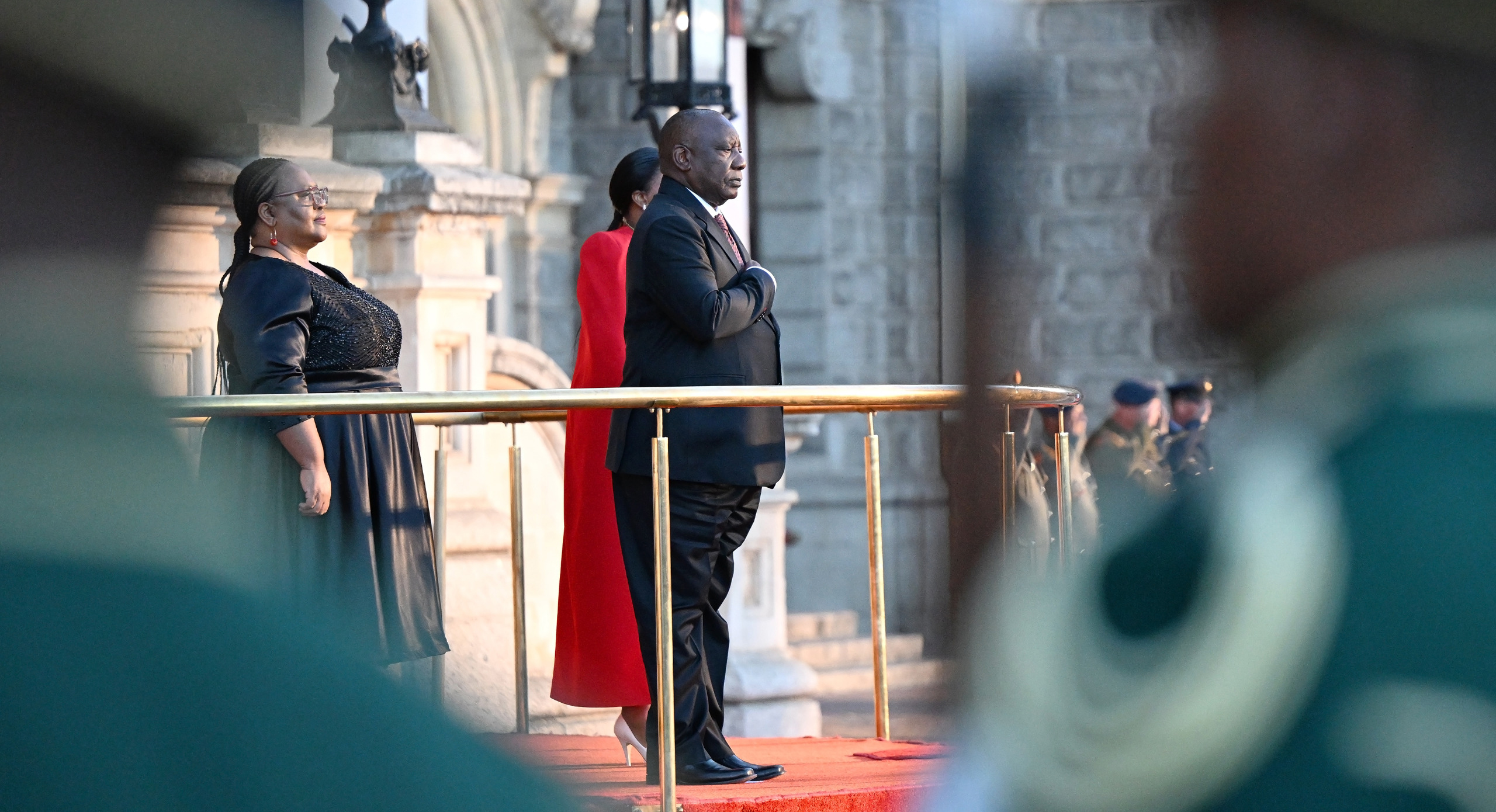President Cyril Ramaphosa has set a 3% growth target for South Africa which is predicted by economists to grow by between 1.4% and 2% on the upside depending on an infrastructure roll-out.
He has also announced that the Black Economic Empowerment Transformation Fund will be capitalised at R20-billion a year for the next five years, totalling R100-billion over the period.
In his State of the Nation Address, Ramaphosa said South Africa’s infrastructure team wanted to ink deals worth an estimated R100-billion over the medium term. For the first time, public-private partnerships form a substantial part of the package.
His Infrastructure Fund had sealed blended finance packages worth R36-billion last year including for the Polihali Dam (part of the long-delayed next phase of the Lesotho Highlands Water Project), the Mtentu Bridge between Port Edward and Lusikisiki (which will be Africa’s tallest) and the Boegoebaai Harbour in the Northern Cape.
Read more: President Ramaphosa’s 2025 State of the Nation Address
The network sectors of electricity, energy and ports would all be opened to private-sector competition while Eskom and Transnet would be modernised along East Asian models for state-owned companies.
The President praised more than 300 days free of load-shedding, but conceded that last weekend’s power cuts showed the system was still vulnerable.
“This year we will put in place the building blocks of a competitive electricity market,” said Ramaphosa.
The Just Energy Transition plan (funded by countries in the Global North) had $13-billion committed with additional private capital to create this market and to begin to wean South Africa off its old sources of energy. At the same time, Ramaphosa again emphasised that decommissioning coal-fired power stations would happen at a pace and scale that suited South Africa while the country remained committed to its carbon reduction goals. (SA is running behind on these targets.)
Across the country, the business sector has complained that severe water crises are obstructing operations: water management systems are being changed and R23-billion will be spent on seven large water infrastructure projects.
Other than infrastructure, Ramaphosa also highlighted the potential for the cannabis and hemp sectors, which he said South Africa could take to the world. Laws to mass-legalise production and exports are still being finalised. DM
Business Maverick
Ramaphosa aims for 3% growth, targeting infrastructure investment





